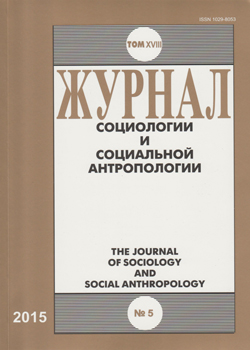Exhaustion among Elderly Informal Caregivers – A Gender Sensitive Approach
Keywords:
exhaustion, elderly, informal caregiver, informal care, care, caregiving, gender sensitive approach, well-being, coping
Abstract
In this study, we examine the factors that affect coping among elderly informal caregivers. Elderly informal caregivers have been defined as those who have reported providing help or taking care of a person who is long-term ill, disabled or aged. The analysis is based on gender-related findings of differences between elderly male and female caregivers and goes beyond observations from earlier research to analyse the reasons for gender differences in experiences of exhaustion by asking Why do elderly women more often experience caregiving as exhausting than elderly men? What explanatory factors can be found? To answer the research question, we used the data of the longitudinal GOAL-study (Good Ageing in Lahti Region, a.k.a. Ikihyvä Päijät-Häme). In this article, we applied data from the third wave of GOAL-study (2008). The original GOAL-study sample consisted of 4,272 individuals, of whom 2,814 (66%) participated in the baseline. Among them 2,064 participated in the third wave (2008). For the data analysis, multivariate logistic regression analysis was used to examine how the variables related to caregivers’ experience of exhaustion when the effects of other variables were standardised. We discovered that among elderly people, informal caregiving is still clearly a gender- and culture-specific phenomenon. As our study shows, the experiences of female and male caregivers may be similar, but the basic elements of everyday life are likely to be more difficult for women because of cultural, health and economic inequalities. Women are more likely to live in situations consisting of a daily occurrence of intensive caregiving tasks. Those women from the youngest age group and who were still of working age had the highest risk of exhaustion. This may also reflect women’s triple and intergenerational burden during the sixties’ age period (here 58-62 years).
Published
2015-09-20
How to Cite
Törrönen, M., Seppänen, M., ХааполаI., & Vauhkonen, T. (2015). Exhaustion among Elderly Informal Caregivers – A Gender Sensitive Approach . ZHURNAL SOTSIOLOGII I SOTSIALNOY ANTROPOLOGII (The Journal of Sociology and Social Anthropology), 18(5), 58–77. Retrieved from http://jourssa.ru/jourssa/article/view/430
Section
Challenging Everyday Life of Families

